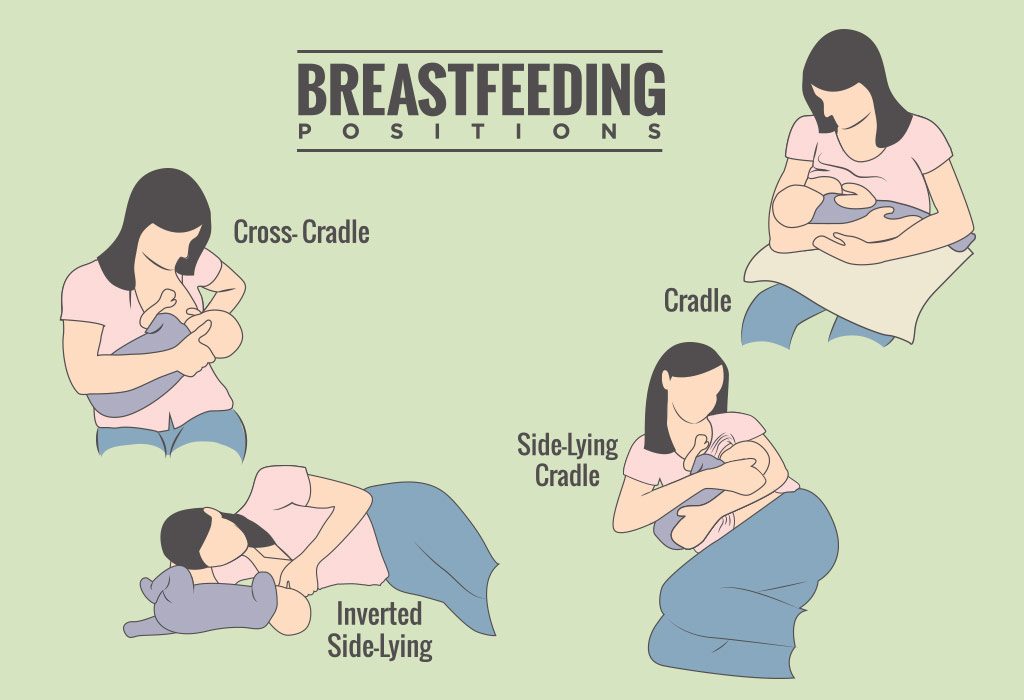Navigating the Journey: Handling Another Pregnancy While Breastfeeding
Welcoming a new life into the world is a joyous occasion, but when you find yourself expecting another bundle of joy while still breastfeeding, it can bring about a unique set of challenges and questions. Balancing the needs of your growing baby with the demands of a new pregnancy requires careful consideration and planning. In this article, we’ll explore how to navigate the journey of handling another pregnancy while continuing to breastfeed, providing insights and practical tips in simple English for mothers facing this beautiful yet complex situation.
Understanding the Basics:
First and foremost, it’s essential to understand the changes happening in your body during both pregnancy and breastfeeding. When you become pregnant, your body undergoes hormonal shifts that prepare it for the upcoming childbirth. Simultaneously, breastfeeding triggers the release of the hormone prolactin, which is crucial for milk production. The challenge arises because the hormonal changes associated with pregnancy can sometimes affect milk supply, leading to concerns about meeting the nutritional needs of both the breastfeeding child and the developing fetus.
Consulting with Healthcare Providers:
Before making any decisions, it’s vital to consult with your healthcare provider. They can provide personalized guidance based on your specific health conditions, the age of your breastfeeding child, and the progress of your current pregnancy. Open communication with your obstetrician and pediatrician is crucial to ensure that both you and your children receive the care you need.
Nutritional Considerations:
During pregnancy and breastfeeding, your body has increased nutritional requirements. Ensuring a well-balanced diet that includes a variety of nutrient-dense foods is essential for the health of both you and your children. Adequate intake of folic acid, iron, calcium, and other essential nutrients is crucial for a healthy pregnancy and proper infant development.
If you’re concerned about meeting these nutritional needs, your healthcare provider may recommend prenatal vitamins or other supplements to support your well-being. Remember that your body is working hard to nourish both your breastfeeding child and the growing baby in your womb, so paying extra attention to your diet is a key aspect of managing this dual responsibility.
Addressing Changes in Milk Supply:
It’s common for mothers to experience changes in milk supply during pregnancy. Some may notice a decrease in milk production, while others may not observe any significant changes. These variations are normal and are influenced by individual factors such as hormonal fluctuations and the child’s age and nursing frequency.
If you do experience a decrease in milk supply, don’t panic. Continue to offer the breast to your child regularly, as breastfeeding remains a valuable source of nutrition and comfort. Your body will continue to produce colostrum, the nutrient-rich early milk, which is highly beneficial for your breastfeeding child.
Managing Discomfort and Fatigue:
Pregnancy can bring about its own set of discomforts, including fatigue and morning sickness. When combined with the demands of breastfeeding, it’s essential to listen to your body and prioritize self-care. Ensure you get enough rest, stay hydrated, and don’t hesitate to ask for support from your partner, family, or friends.
Consider adjusting your breastfeeding positions to minimize discomfort, especially if you experience tenderness or sensitivity in your breasts. Experiment with different positions to find what works best for you and your child. Utilizing pillows for support and comfort during breastfeeding sessions can also make the experience more enjoyable for both of you.
Preparing Your Older Child for the Arrival of a Sibling:
If your breastfeeding child is old enough to understand, involve them in the excitement of welcoming a new sibling. Read books about becoming a big brother or sister, and talk to them about the baby growing in your belly. Emphasize the positive aspects of having a new family member, and reassure them that your love for them will not diminish.
As your due date approaches, consider arranging for someone to be with your older child during your hospital stay. This can provide them with a sense of security and ensure that their needs are met while you focus on giving birth and recovering.
Balancing Attention and Bonding:
One of the challenges of managing both breastfeeding and a new pregnancy is balancing the attention given to each child. Breastfeeding creates a unique bond between you and your older child, and it’s essential to maintain this connection even as your family grows.
Consider incorporating special one-on-one time with your breastfeeding child, whether it’s reading a book together, going for a walk, or engaging in a favorite activity. This quality time helps reassure your older child of their importance and strengthens your bond.
Exploring Breastfeeding During Pregnancy:
Some mothers choose to continue breastfeeding throughout their pregnancy, while others may decide to wean their older child. The decision is highly personal and depends on various factors, including the comfort level of the mother, the child’s age, and individual family dynamics.
If you decide to breastfeed during pregnancy, be attentive to your body’s signals. Some mothers experience increased sensitivity or discomfort, and certain breastfeeding positions may become less comfortable. Adjusting your breastfeeding routine to accommodate these changes can make the experience more manageable.
Weaning Considerations:
If you choose to wean your older child during pregnancy, approach it with sensitivity. Gradual weaning is often gentler on both the child and the mother. Introduce alternative comfort measures, such as cuddling, singing, or offering a special comfort item, to help ease the transition.
It’s essential to communicate openly with your older child about the process, explaining that they are growing and that the baby growing in your belly has different needs. Reassure them that your love for them remains unchanged, and celebrate the milestones of their transition to independence.
Postpartum Considerations:
After the arrival of your new baby, managing the needs of both children requires additional planning and support. If you continue breastfeeding, practice tandem nursing, which involves nursing both children at the same time. This can help create a sense of unity and reduce potential feelings of jealousy or rivalry.
Encourage a positive sibling relationship by involving your older child in caring for the new baby. Simple tasks like fetching diapers or singing lullabies together can foster a sense of responsibility and connection.
Conclusion:
Handling another pregnancy while breastfeeding is undoubtedly a unique journey that requires careful consideration and adaptability. By staying informed, communicating openly with healthcare providers, and prioritizing self-care, you can navigate this experience with confidence. Remember that every family’s journey is different, and there is no one-size-fits-all approach. Trust your instincts, seek support when needed, and savor the moments of joy and connection as your family expands and grows.











